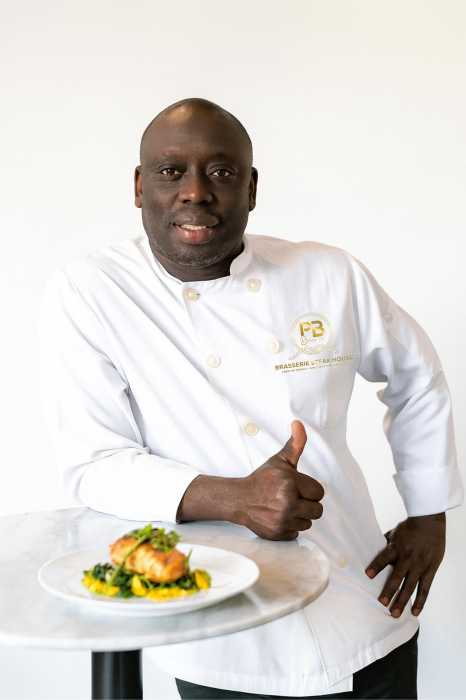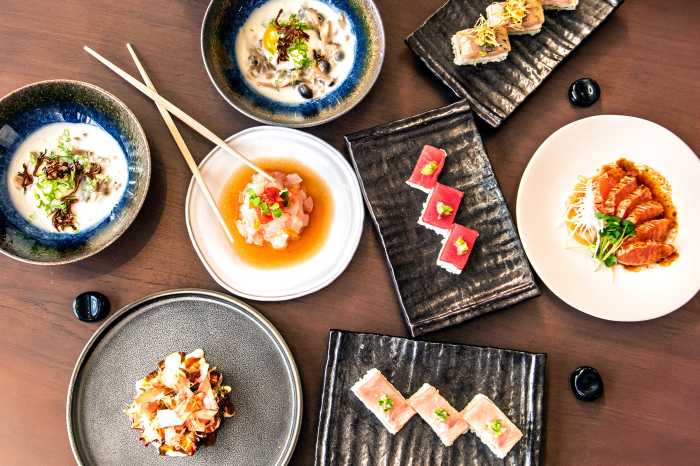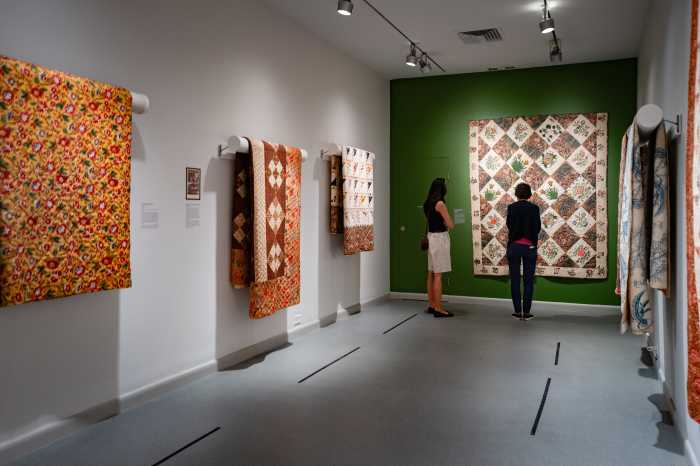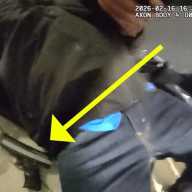Based on her bio, Alex Raij seems like the least likely person to write a book on Basque cooking. For one, she isn’t from the northern Spain region, or even Spanish at all — the chef grew up in the Midwest, with Argentine parents. But after nearly 20 years working in Basque kitchens — and nearly 10 running her own, NYC’s Txikito, with her husband, Eder Montero, a native of Basque Country — she’s come to write what she hopes is the first and last word on Basque food here.
“I felt there wasn’t a definitive English-language Basque book that was reliable and what I thought was the truth,” Raij says. “I felt like some people would take issue with my truth, but I wanted to write this book that was generous and revealing about how I interpret Basque cuisine and make it my own.”
“The Basque Book” (out April 19, $29.99), written with Montero and Rebecca Flint Marx, features 100 recipes from Txikito’s kitchen, from pintxos to salt cod in pil pil to squid in its ink (or txipis tinta), adapted for the home cook. (Not all the restaurant’s recipes made the cut; for instance, its popular whole turbot wasn’t included because you won’t find the European fish at your local fishmonger.)
The recipes are the chef’s personal interpretation of Basque cooking, such as her Midwest-styled campfire trout, to classics, such as squid ink sauce (“I feel like that’s the best squid ink sauce, hands down,” Raij says). They also are products of making the regional cuisine in New York City and not having access to certain ingredients. When Raij and Montero opened Txikito, for instance, choricero peppers weren’t as easy to find as they are now, so they substituted guajillo peppers.
“We had to find ways to satisfy those ingredients by hand-making equivalents or seeking out equivalents in Asian or other ethnic markets,” Raij says. “It’s kind of our flavor profile now.”
Raij considers Txikito to be the only authentic Basque restaurant in the city.
“We don’t have Catalonian dishes on our menu, which other Basque restaurants do. … I keep seeing Basque places with Romesco sauce,” she says. “I really have a strong respect for that cuisine, and I feel like it needs to be protected.”
That “superficial approach” to Basque cuisine gave Raij urgency to write this book, she says. Between her and her husband’s other restaurants — El Quinto Pino, La Vara and the new coffee shop Tekoa — they likely have another cookbook in them, but probably not for a few years, she says.
“This book is in the right moment because I think people are really interested in this cuisine,” Raij says. “When people go to Basque Country, they come back enchanted. They bring anchovies back. I wanted that incorporated into their own cooking and honor that one perfect bite in the bar.”




































